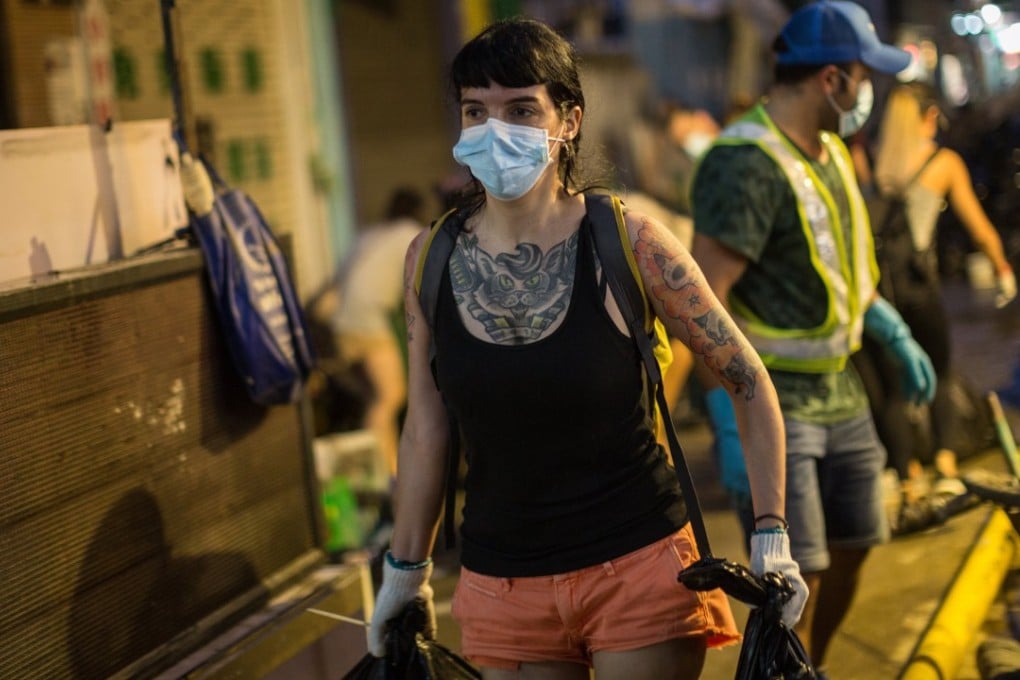Storms bring out the worst in governments, but the best in people
Alice Wu says disasters such as Typhoon Hato may have exposed government inadequacies and underlined differences, not least in Macau and Hong Kong, but hope in humanity is restored by the community spirit on display

Natural disasters interrupt everyday politics. The calamities brought on by Mother Nature’s fury affect the health and livelihoods of entire communities.
Stormy weather in different parts of the world, including Hong Kong and Macau, have made headlines in recent days. The devastation wrought suggests it is increasingly hard to draw a clear line between “natural” and “man-made” disasters, as these catastrophic events only magnify the consequences of the political and social choices we’ve made.
The storms have been fierce. In addition to claiming lives, and ruining homes and businesses, they have damaged power plants, freshwater systems, and the infrastructure and facilities we take for granted. We do not need to be victims ourselves to see that change – in the way we treat nature – is no longer a choice.
Watch: Severe tropical storm Pakhar leaves trail of damage across region
In wake of deadly typhoon, Macau chief executive faces tough questions
Watch: PLA troops mobilised in Macau typhoon clean-up
Chinese soldiers helping in Macau after Typhoon Hato offers lessons for Hong Kong
But the decision was not without political risks. That cannot be more evident than in some of the reactions it unleashed in neighbouring Hong Kong, which ranged from genuine uneasiness to insensitive ridicule and outright fearmongering. For spectators like us to be blasé about the need for a quick clean-up, before debris-filled streets turn into a breeding ground for disease, is not only insensitive, but downright ignorant. To bask in self-satisfaction at Macau’s “mainlandisation”, to feel smug as other people suffer and continue to be at risk, is deplorable.
